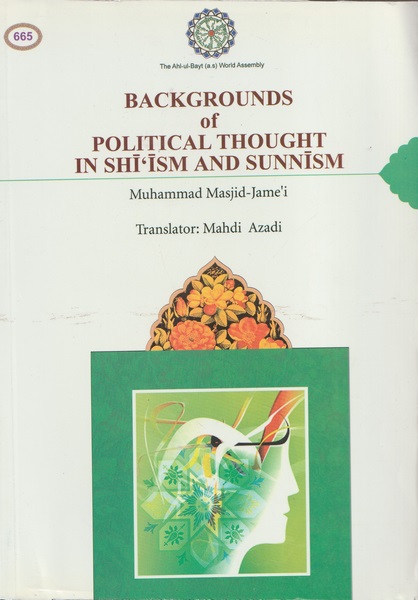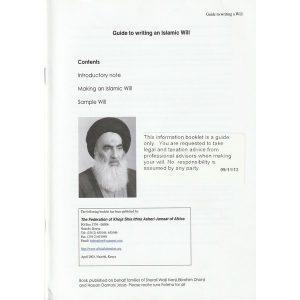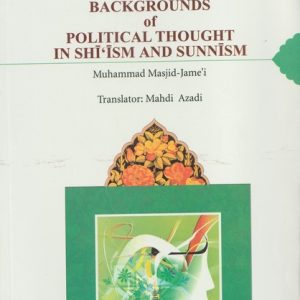Description
There has been a modern wave of Islamic radicalism throughout the Muslim territories in the last few decades, which has affected both Shi’ites and Sunnies. In the four lectures presented in this book, provide the main backgrounds of Shi’ite and Sunni political thought, how they were formed, what factors influenced them, and how they have reacted and re This book is an extension and elaboration of four lectures from fall 1987 in the hall of the Contemporary Arts Museum. The book is aimed to provide the main backgrounds of Shi‘ite and Sunni political thought, how they were formed, what factors influenced them, how they have reacted and finally making this book possible for the two parties to have a clearer picture of the other, to know the theological and jurisprudential limitations and obligations, the historical experiences and doctrinal structure of the other and their mutual expectations in coordination with these principles, foundations and capacities acting to these pressures.
HEAVILY SUBSIDIZED BY WWW.WABIL.COM







Reviews
There are no reviews yet.